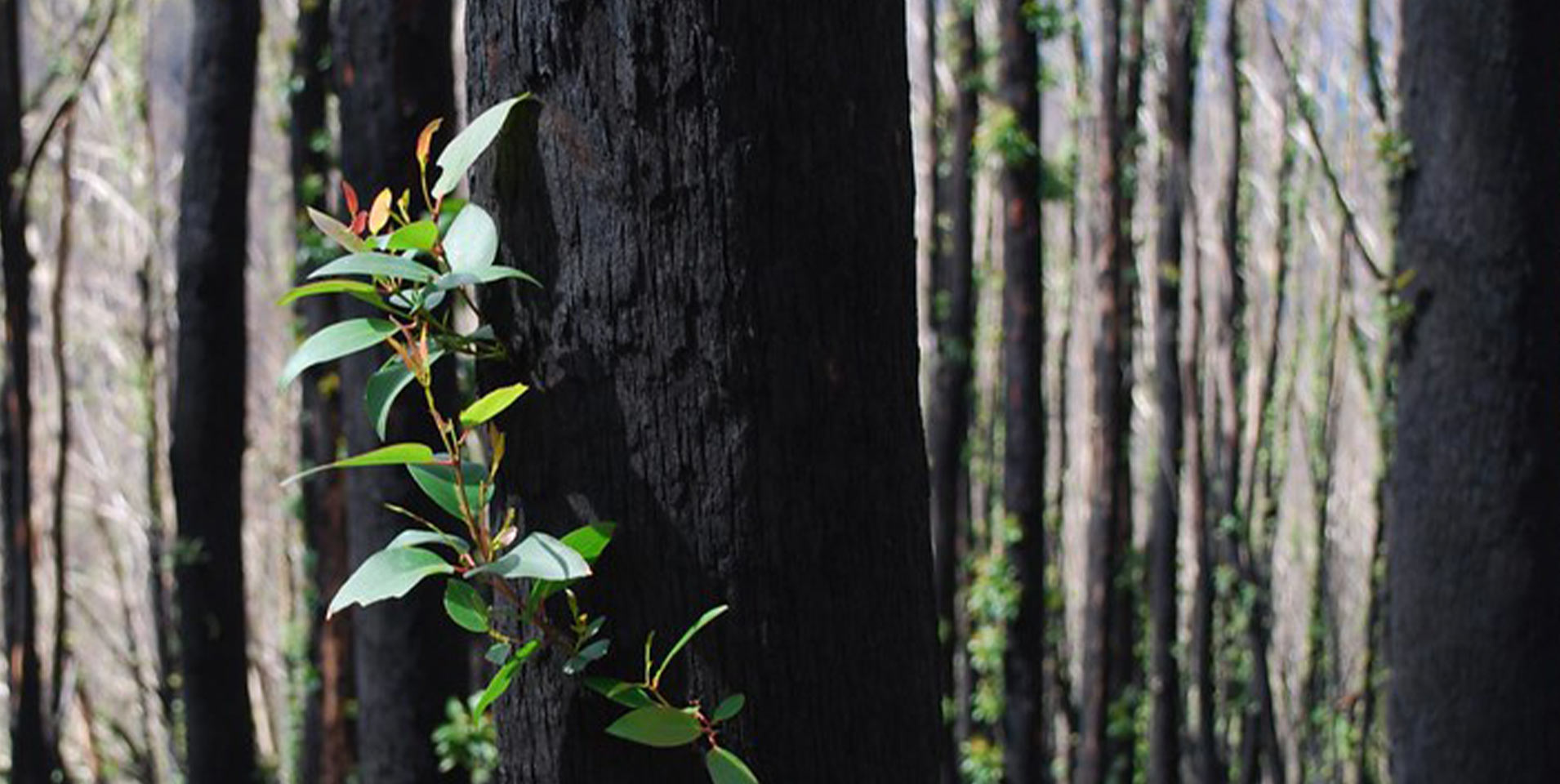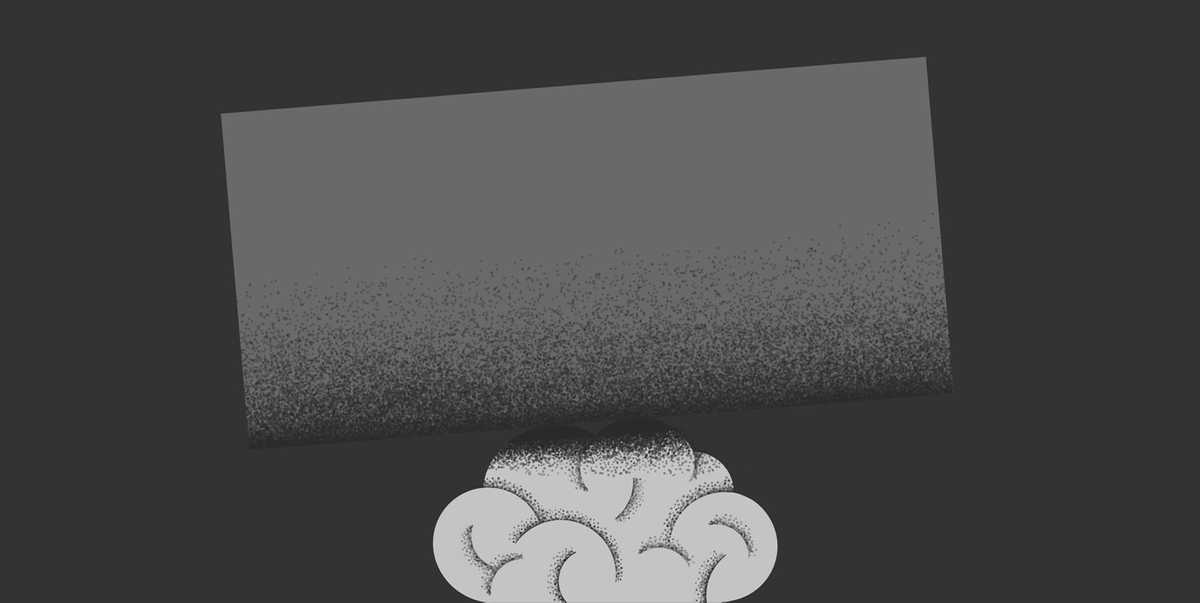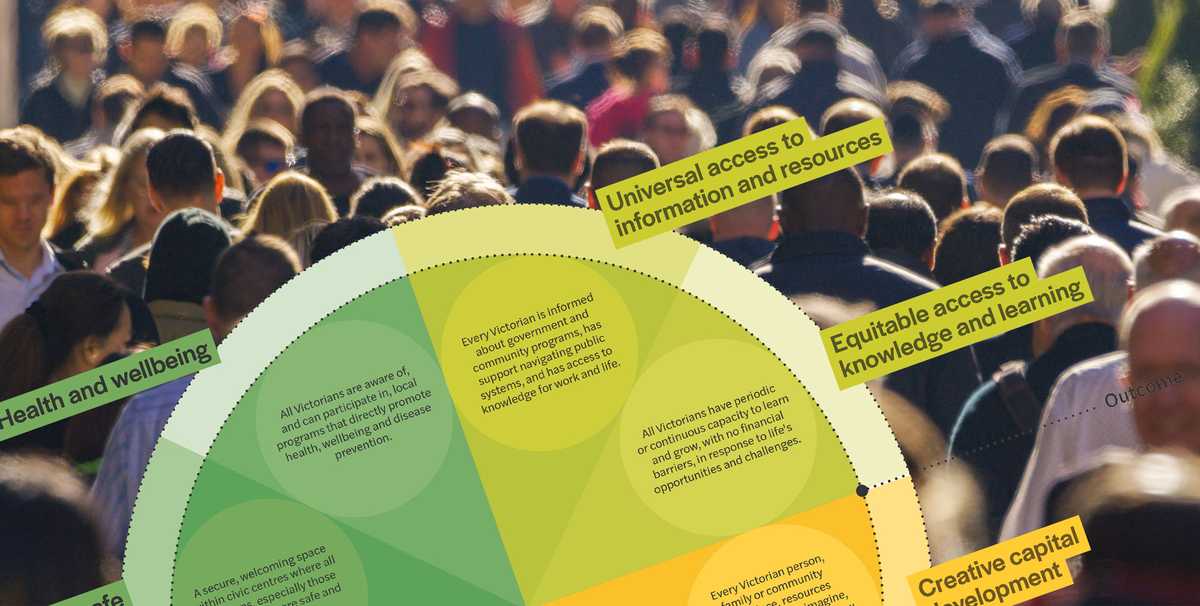
If you are feeling uneasy about the Australian climate, it’s because your foundations have been shaken.
The bushfires have made real the impact of climate change on our day-to-day lives.
Many of us are living in a state of heightened anxiety about our future (that anxiety has a name according to the Australian Medical Association (AMA) which has declared climate change a health emergency).
We all want to help but do not know how. The scale of the problem is hard to comprehend.
More than $500 million has been raised through corporate and individual donations to support affected communities. This will go a long way to helping people stabilise their lives.
But money alone will not solve the challenges climate change poses for life on earth. Money is a distinctly capitalist response to a problem capitalism has created and has, so far, failed to solve.
It is not hyperbolic to say that the planet, and humankind as a result, is at risk.
The bushfires are a symptom of severe changes in weather predicted many years ago, and repeatedly since, by climate scientists. A prediction, that has proved far more accurate than most leaders expected – so much so, that it is being used to predict market impacts and design investment strategies.
It’s the fundamental premises we live by, that need to change.
We need to change the way we view and describe nature – not as assets and resources to be exploited but as lifeforms with which we exist, symbiotically. Did you know, you share 25% of your DNA with trees? We need to address the ridiculous situation in which there are millions more plastic animal toys and postcards of pristine natural environments than actually exist. Our connection to nature is abstract at best, false at its worst.
We need to change the way we live. Replacing large homes that are hard to clean and expensive to maintain with smaller dwellings that are built to last and generate harvest water and produce energy and oxygen. Living and working locally, and buying wholefoods from local shops and markets. Learning how delicious vegetables can be and understanding our place in the Earth’s ecosystem.
We need to challenge notions of value. Capitalism has placed such an emphasis on property, consumption, productivity and monetary wealth that it has corrupted our individual and collective identity. We know we value happiness, play, family, community and nature but we don’t measure and express these things as much as we do wealth and its relationship to status – and this is despite the fact that we are living with rising levels of related anxiety and suicide. Money really doesn’t buy lasting happiness. Social cohesion and spending time in nature certainly do.
All these changes have been written about and debated in living rooms or town halls across the world. Why then, the inertia?
History has proven, again and again, it takes a crisis, an emergency, for people to change.
Well, we have a climate emergency and, make no mistake, we are out of time.
Climate adaptation is not a viable replacement for mitigation, no matter the soft tones of salespeople on quarterly returns. We need to stop burning fossil fuels now, and we need to rapidly scale-up the creation of biodiverse natural spaces under protection of conservation covenants.
The emissions targets set by governments at Kyoto, Paris and Copenhagen are already outdated. Many nations won’t get near their promises soon enough.
So, it’s up to us, not political leaders (this seems to be a case where the policy follows the people, albeit kicking and screaming).
Fortunately, there are three ways every single person can make change happen at the speed it must.
- Choose an ethical employer that has a clear purpose statement relevant to the environmental and social context in which it operates and creates economic, social and environmental value. If your employer doesn’t, here’s a way to get started.
- Reduce your family’s environmental footprint to achieve zero waste and emissions – get started with a plan and enjoy making it a reality over the near term.
- Only buy products that are sustainably produced, packaged and transported. If there is no market for unsustainable products, they won’t continue to exist.
The fundamental premises we have been living on are being shaken.
Thankfully, the alternative to living the way we have been, looks surprisingly good.

